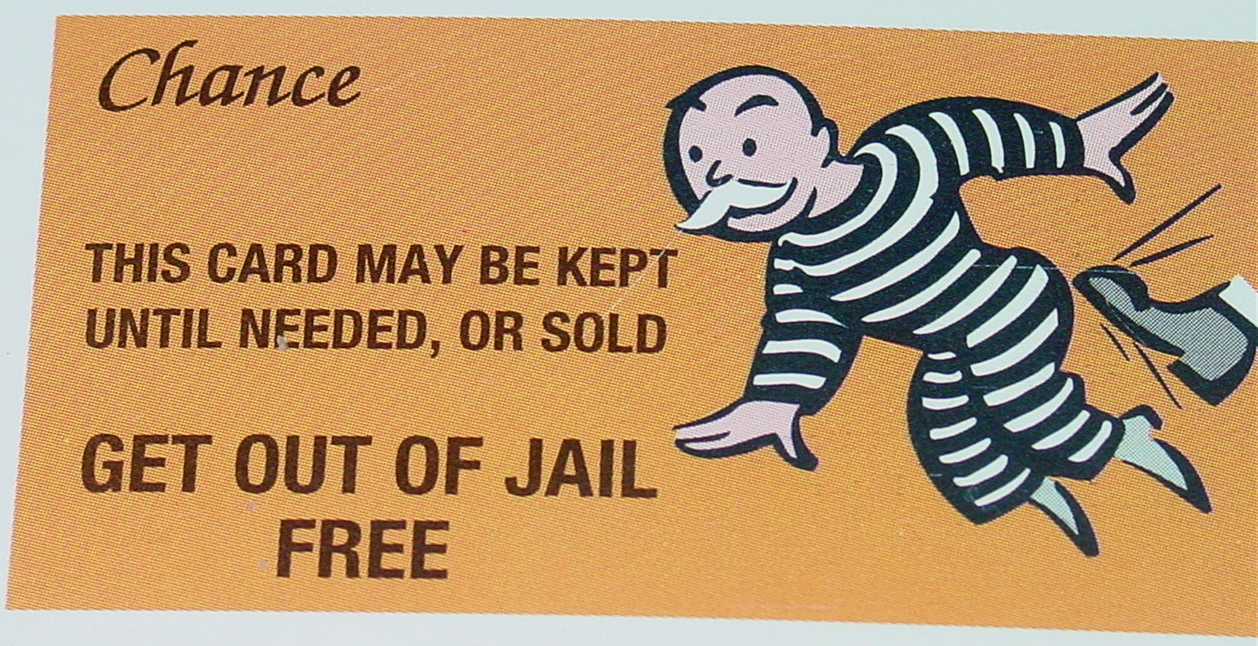 “Times are tough, you’d almost call them brutal right now. But we will adapt. We will make it.” So insisted the deputy chief executive of BP at a conference in Houston where industry leaders put on a brave face amid a worsening crisis for the petroleum sector.
“Times are tough, you’d almost call them brutal right now. But we will adapt. We will make it.” So insisted the deputy chief executive of BP at a conference in Houston where industry leaders put on a brave face amid a worsening crisis for the petroleum sector.
Other speakers were even more explicit about the Darwinian environment. “We will be one of the last guys standing,” declared the CEO of Suncor Energy, which once prospered from the tar sands boom in Alberta and is now selling off assets.
Several dozen oil and gas producers have had to file for bankruptcy protection since the beginning of last year. More such moves are expected. The business consulting firm Deloitte has issued a report estimating that more than one-third of all petroleum exploration and production companies are in precarious financial condition, with dozens likely to make the trip to bankruptcy court.
Even the oil majors are in trouble. Chevron reported a fourth-quarter loss of $588 million, while BP lost over $2 billion in the quarter and more than $5 billion for 2015 as a whole. Exxon Mobil and Shell are still in the black but their profits are down sharply. The industry’s problems are already depressing stock prices and are starting to cause heavy losses at the banks that lent extravagantly to the energy sector during the boom time.
It’s difficult to summon much sympathy for the oil companies, given the damage they have wrought. As shown in the Violation Tracker database I and my colleagues created, the petroleum industry has racked up more than $31 billion in environmental, health and safety penalties since the beginning of 2010, far more than any other industry. Much of this is the result of the massive fines and settlements paid by BP in connection with the Deepwater Horizon disaster in the Gulf of Mexico.
Yet there is one reason to hope for the survival of the petroleum producers: we need them to survive in some form so they can be taken to court over the role they’ve played in denying the reality of the climate crisis.
As Bill McKibben notes in a recent article, we’re now at the beginning of an investigation of what may prove to be one of the biggest corporate scandals in American history — the climate coverup.
At the center of the scandal is Exxon Mobil, the biggest fossil fuel corporation on earth and the one that is probably most culpable for suppressing evidence of the impact of its products on climate change. As path-breaking research by Inside Climate News showed, Exxon — reported to be the subject of current investigations by state prosecutors in New York and California — knew about global warming as early as the 1970s and quietly used that knowledge for its own benefit while keeping it from policymakers and the public.
Forty years later, the nature of the climate crisis is public information, but Exxon Mobil and the other oil companies continue to do business as usual. In fact, their obsession with exploration and production even at a time of softening demand has helped bring about the current price nosedive.
Exxon Mobil today has assets of more than $340 billion. Soon it may have to stop using those resources to produce more harmful fossil fuels and instead pay out substantial sums in damages to communities struggling to deal with the climate mess the industry has caused.

 The Big Short movie and the Bernie Sanders presidential campaign are not the only things reminding us about the role of bank misconduct in the financial meltdown. Federal and state prosecutors are continuing to wrap up cases brought against the main culprits.
The Big Short movie and the Bernie Sanders presidential campaign are not the only things reminding us about the role of bank misconduct in the financial meltdown. Federal and state prosecutors are continuing to wrap up cases brought against the main culprits. My first reaction to
My first reaction to